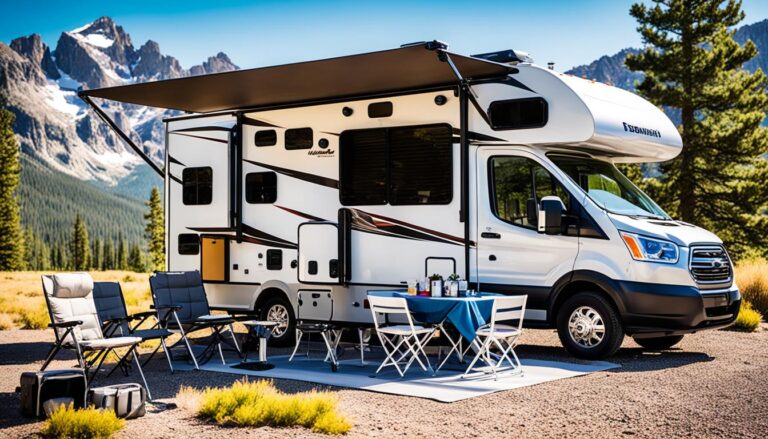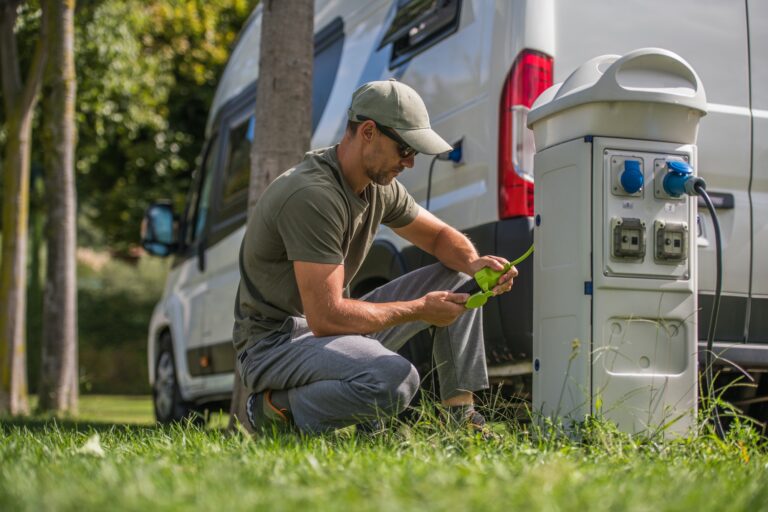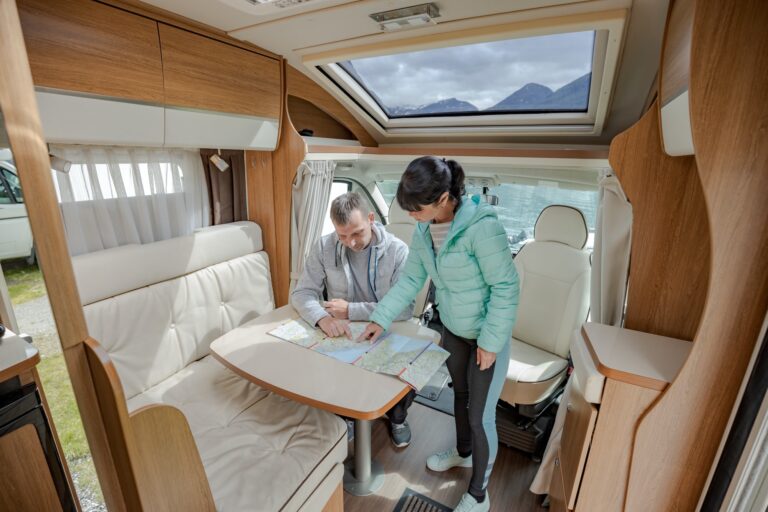Purchasing an RV, whether new or used, is a significant investment. It represents not just a financial commitment, but also a lifestyle choice filled with adventure, exploration, and the freedom of the open road. As a first-time buyer, understanding the resale value of RVs is crucial when making your purchasing decision.
In this comprehensive guide, we’ll delve into the factors that influence the resale value of an RV, why it’s important to consider, and the key considerations for first-time RV buyers.
What is Resale Value and Why is it Important?
Resale value, also known as residual value, refers to the amount a product, such as an RV, is expected to be worth at the end of a certain period. It’s the potential return you can expect if you decide to sell the RV in the future.
For first-time RV buyers, understanding the expected resale value of an RV is crucial because:
- Financial Planning: It helps in financial planning and budgeting, especially if you plan to upgrade or sell the RV in the future.
- Loan Considerations: If you’re taking out a loan to purchase the RV, the resale value could impact the terms of your loan.
- Insurance: Insurance premiums and coverage may be influenced by the expected resale value.
- Depreciation: RVs, like most vehicles, depreciate over time. Knowing the expected depreciation rate can help you make a more informed purchasing decision.
Factors Influencing the Resale Value of RVs
Several factors can influence the resale value of an RV. Understanding these can help you make a wise purchasing decision:
- Brand Reputation: Well-known and respected brands tend to have higher resale values. This is because these brands are known for their quality, durability, and customer service.
- Condition and Maintenance: The better the condition of an RV, the higher its resale value. Regular maintenance, both of the interior and the mechanical parts, is crucial.
- Age and Mileage: The age of the RV and the miles it has traveled can significantly impact its resale value. Generally, the older an RV and the more miles it has, the lower its resale value.
- Model and Features: Certain models and features are more desirable and can increase an RV’s resale value. These can include things like slide-outs, upgraded appliances, and advanced tech features.
- Market Demand: The resale value can also be influenced by the current market demand for a particular type or model of RV.
Tips for Maintaining and Increasing the Resale Value of Your RV
Maintaining and even increasing the resale value of your RV isn’t as daunting as it may seem. Here are some tips:
- Regular Maintenance: Keep up with regular maintenance, including oil changes, tire rotations, and regular inspections. Keep a record of all maintenance for potential buyers.
- Keep it Clean: Regularly clean both the interior and exterior of your RV. This preserves the condition and shows potential buyers that you’ve taken good care of it.
- Upgrade Where Possible: Upgrades to the interior, such as appliances, and tech upgrades can increase the resale value.
- Limit Mileage When Possible: High mileage can decrease the resale value of an RV. If possible, limit the mileage by choosing destinations closer to home or storing the RV closer to your travel destinations.
- Choose a Popular Model: If you’re buying a new RV, choose a popular model. These tend to have higher resale values because of continued demand.
Considerations for First-Time RV Buyers
As a first-time RV buyer, apart from understanding the resale value, here are some additional tips to make a smart purchase:
- Do your research: Spend time researching different makes, models, and their resale values.
- Budget wisely: Consider not just the purchase price, but also the costs of maintenance, insurance, storage, fuel, and potential depreciation.
- Consider your usage: Your intended use can influence what type of RV you should buy. For occasional use, a simpler model may suffice. For full-time RVing or long trips, a larger model with more amenities may be better.
- Test drive before buying: If possible, rent an RV similar to the one you’re considering and take it on a short trip. This can help you determine if it suits your needs.
- Inspect before buying: If buying used, have the RV inspected by a professional to identify any potential problems.
Final Thoughts
Purchasing your first RV is a significant decision that should not be taken lightly. Understanding the resale value and factors affecting it is a critical part of this process. By keeping these points in mind, you’ll be able to make a more informed decision about your purchase and better maintain the resale value of your RV.
Remember that the true value of an RV lies beyond its monetary worth. It’sabout the experiences, adventures, and memories you’ll create while using it.
As a first-time RV buyer, the journey may seem overwhelming, but with the right knowledge and understanding, you can navigate the complexities of the RV market, make wise decisions, and ultimately find the perfect RV that suits your needs and budget.
Whether you’re looking forward to weekends in the great outdoors, cross-country road trips, or even full-time RVing, your new home-on-wheels is a ticket to countless adventures and unforgettable memories. So, take the time to understand the ins and outs of RV resale value, but also remember to enjoy the journey – both the purchasing journey and the many journeys you’ll take in your new RV.
Glossary of Terms
To help you further understand the world of RVs, here’s a glossary of common terms you might come across:
- Depreciation: The decrease in value of an asset over time due to factors such as wear and tear, age, or market conditions.
- Residual Value: The estimated value of an asset at the end of its useful life. Also known as resale value.
- RV (Recreational Vehicle): A motor vehicle or trailer equipped with living space and amenities found in a home.
- Full-time RVing: Living in an RV as your primary residence, not just vacationing.
- Slide-out: A portion of the RV that can extend outwards when the vehicle is parked to provide more interior living space.
- Dry Weight: The weight of an RV without any passengers, cargo, fresh water, propane, or aftermarket accessories.
- Wet Weight/Gross Vehicle Weight (GVW): The total weight of an RV with all passengers, cargo, and fluids (like fresh water and propane).
- Hitch Weight: The amount of an RV’s weight that presses down on the vehicle’s hitch.
Understanding these terms can help you in your research and discussions with sellers or other RV owners.
In conclusion, the process of buying an RV involves many factors and considerations, including understanding and considering the potential resale value. With the information provided in this comprehensive guide, you are now better equipped to make an informed decision. Happy RV hunting!






